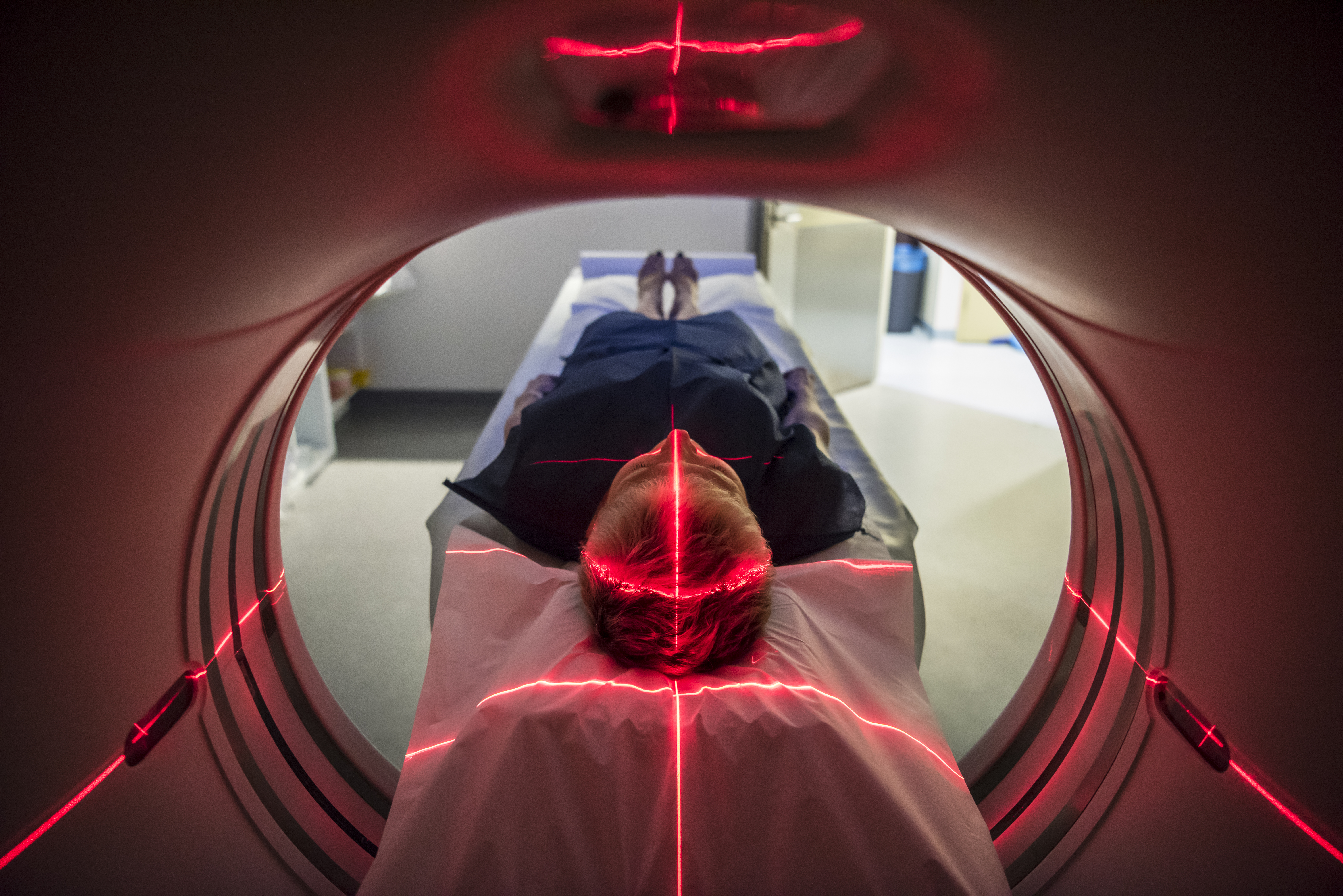
Surgical Neuro-Oncology
Our neuro-oncology team identifies and removes brain tumors with specialized operations.
Call us today to schedule a new appointment or follow-up visit
954-276-3500The brain is an extremely complex organ, and a healthy brain is absolutely essential to living a fulfilling life. If you have a brain tumor, you need a compassionate specialist to guide you through your treatment decisions.
Our highly trained neuro-oncology team identifies and removes brain tumors with specialized operations. We get to know you and work to understand your personal preferences and priorities. This helps us design a personalized treatment to help you meet your goals.
Brain Tumor Surgery: Why Choose Memorial Healthcare System?
Our surgeons have extensive training in neurosurgery and neuro-oncology. They are very experienced in diagnosing and surgically removing each specific tumor type.
We use advanced surgical approaches that remove the tumor yet minimize any impact on your brain function.
Whenever necessary, we carefully map the brain to design our surgical plan. Often we perform surgery while you are awake. These strategies help us maintain your language abilities, motor skills, balance and more.
We offer several leading-edge surgical technologies, such as CyberKnife®, laser ablation and tumor embolization.
Deciding to have brain surgery can be difficult and frightening. You and your family may have many questions and concerns.
We take the time to thoroughly educate you about the condition and your treatment options, so you can make an informed decision.
Your Care Team: A Neuro-Oncologist and Much More
Our surgical neuro-oncologists often work closely with other specialists throughout the Memorial Healthcare System network. The team meets regularly to discuss each individual patient and determine the best treatment combinations. Our mission is to treat the body, mind and spirit of those we touch.
Your team may include:
- Oncologists and radiation oncologists: If the tumor is cancerous, your treatment may include chemotherapy with or without radiation.
- Pathologists: These physicians specialize in looking at tissue samples. They help establish an accurate diagnosis and optimal treatment plan.
- Ear-nose-throat (ENT) doctors: An ENT may be involved in your care if the brain tumor or surgery might affect these areas of the body.
- Endocrinologists: These doctors may be consulted if your tumor is near the pituitary gland and is causing overproduction of hormones.
- Cognitive neuropsychologists: A tumor can affect parts of the brain that regulate emotions and behavior. Cognitive neuropsychologists can help you and your loved ones manage those effects. They also assist during surgery when the patient stays awake. They carefully monitor speech and language to lessen the risk of damage to any important structures of the brain.
- Neuro-rehabilitation therapists and physical therapists: Therapists help you improve your ability to function in daily life. Neuro-rehabilitation can improve strength, balance, speech and more.
- Palliative care: These specialists focus on symptom relief, comfort and strategies to cope with life-threatening illness.
Brain Tumor Symptoms
Some brain tumors may not cause any symptoms at all. These are typically discovered accidentally during tests for other conditions. But other tumors can affect the way your brain works and the way you feel. Symptoms vary depending on the type of tumor and its location, but may include:
- Coordination problems
- Difficulty speaking or understanding
- Headaches
- Memory loss
- Personality changes
- Seizures
- Vision problems
Diagnosis: Is It Brain Cancer? What Kind of Surgery Will I Need?
There are more than a hundred kinds of brain tumor. We use a variety of diagnostic techniques to understand your specific case and create a careful presurgical map.
The type of brain tumor and location are very important factors when choosing surgery. Together, the results will determine what treatment or combination of treatments you need. For example:
- Magnetic resonance imaging (MRI) can take pictures inside your brain to confirm that there is a tumor and find out exactly where it is.
- A biopsy will take a small sample of tissue from your brain to find out whether the tumor is cancerous, which is essential to plan treatment.
- Genetic testing may help you discover the cause of the tumor and its molecular makeup.
Compassionate Care for a Complex Condition
With an accurate diagnosis, our expert team can remove your tumor, maintain your brain function and help you return to the activities you enjoy. Speak with a patient navigator at Memorial Cancer Institute at 954-265-4325.
Call us today to schedule a new appointment or follow-up visit
954-276-3500
Patient- and Family-Centered Care
We treat patients and family members as partners in healthcare.
It matters to you. It matters to us.
Quality and Safety Data for Memorial Healthcare System
Our goal is to provide our patients with the information they need to make informed choices for themselves and their families.
View Quality and SafetyYou have a Right to Know About Prices
We want to give you the information you need to make important healthcare decisions, including the costs of our services.
View PricingMyChart Portal
View test results, schedule follow-up appointments, request prescription refills and more.
Login or Sign-up to MyChart




